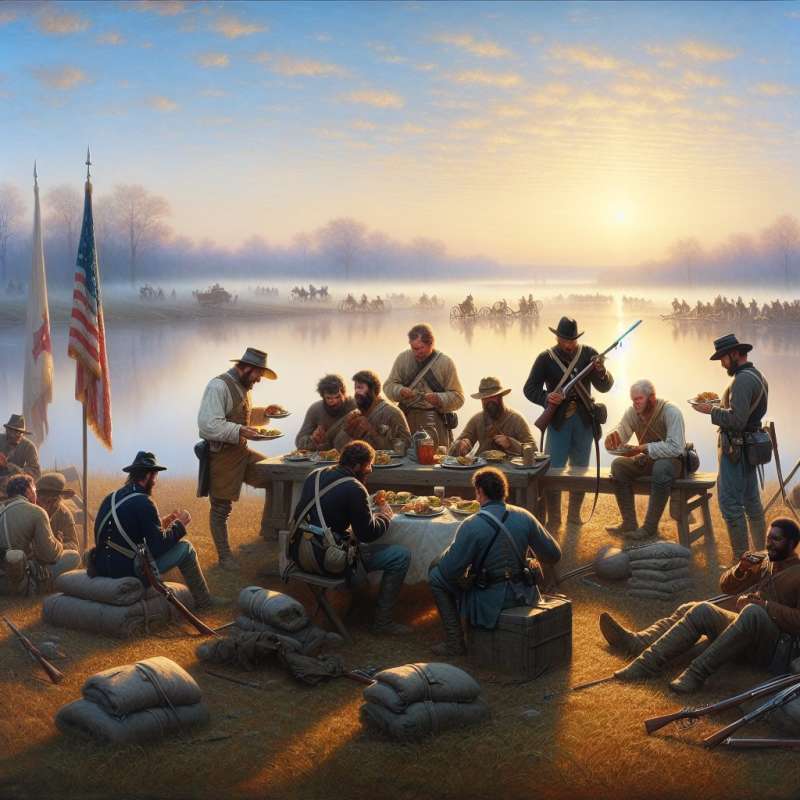
Early Native Inhabitants
Before European settlement, Louisiana was home to Native American tribes such as the Caddo, Choctaw, and Natchez. The mounds they built, like Watson Brake, predate the pyramids of Egypt by 1,000 years.
La Salle's Claim
In 1682, explorer Robert Cavelier de La Salle claimed the region for France, naming it 'Louisiana' after King Louis XIV. The vast territory stretched from the Gulf Coast to the Great Lakes.
Secret Treaty of 1762
Few know that Spain secretly acquired Louisiana from France through the Treaty of Fontainebleau in 1762. It remained under Spanish control until the widely known Louisiana Purchase by the U.S. in 1803.
Battle of New Orleans
The Battle of New Orleans, fought in 1815, was a major U.S. victory in the War of 1812. Interestingly, the battle occurred after the peace treaty was signed, due to slow communication.
Unique Legal System
Louisiana's legal system is distinct in the U.S., based on French and Spanish civil law, unlike the other 49 states that follow English common law. This legacy affects its legal proceedings to this day.
Diverse Cultural Melting Pot
Louisiana's culture is a rich gumbo of French, Spanish, African, and Caribbean influences. This blend is best showcased in its vibrant Mardi Gras celebration and the birthplace of jazz in New Orleans.
Louisiana's Vanishing Coast
Louisiana is losing its coastal wetlands at an alarming rate, with football fields of land disappearing hourly due to natural and human factors. These wetlands are crucial for hurricane protection and biodiversity.French Pirate Governor
Jean Lafitte, a pirate, was named Louisiana's governor by the U.S. during the War of 1812 to defend New Orleans.
What predates Egypt's pyramids?
Watson Brake mounds
New Orleans foundation
La Salle's claim
Company